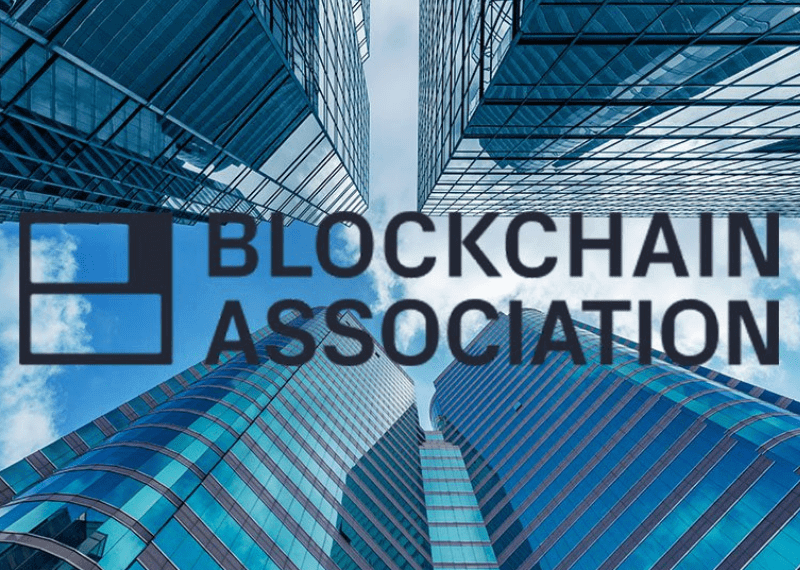Blockchain Association Challenges IRS Broker Rule Provisions
The Blockchain Association, a blockchain advocacy group based in Washington DC, has expressed strong objections to the Internal Revenue Service’s (IRS) proposed broker-dealer rules. The group argues that these rules violate the Paperwork Reduction Act by imposing undue burdens on investors, cryptocurrency companies, and the IRS itself.
In their recent letter, the Blockchain Association emphasized that the Paperwork Reduction Act mandates that government regulators avoid imposing unnecessary and burdensome paperwork requirements on individuals and entities within the financial system. The group claims that implementing these proposed rules would result in the creation of 8 billion 1099-DA tax forms, necessitating 4 billion hours of labor to process these forms, and incurring an annual compliance cost of $254 billion.
These figures starkly contrast with the IRS’s earlier estimates, which projected that the new regulations would require 0.15 hours per customer to complete, with a total compliance cost of $136.35 million.
Additionally, the Blockchain Association argues that the projected $245 billion annual compliance cost is unreasonable, especially considering the tax gap for the cryptocurrency market is estimated to be at most $10 billion.
Previous Objections and Ongoing Concerns
In 2023, the Blockchain Association submitted a comprehensive 39-page letter to the IRS, detailing various objections to the proposed broker regulations. The group characterized these rules as government overreach, highlighting the difficulties decentralized finance protocols would face in complying with such regulations.
The letter also pointed out what it described as “fundamental misunderstandings” by U.S. government officials regarding cryptocurrencies, digital assets, and decentralized finance. The association suggested that these officials struggle to comprehend the significant paradigm shift introduced by blockchain technology.
Community Backlash
The proposed IRS tax rules and reporting criteria have faced significant backlash from the cryptocurrency community. Many individuals and institutions have criticized the requirements as out of touch with the realities of decentralized networks.
Echoing the Blockchain Association’s objections, Jerry Brito, executive director at Coin Center, highlighted the logistical challenges of imposing these reporting requirements on decentralized networks and their participants. Brito, along with other industry leaders, continues to advocate for more practical and reasonable regulatory approaches to cryptocurrency and blockchain technology.
